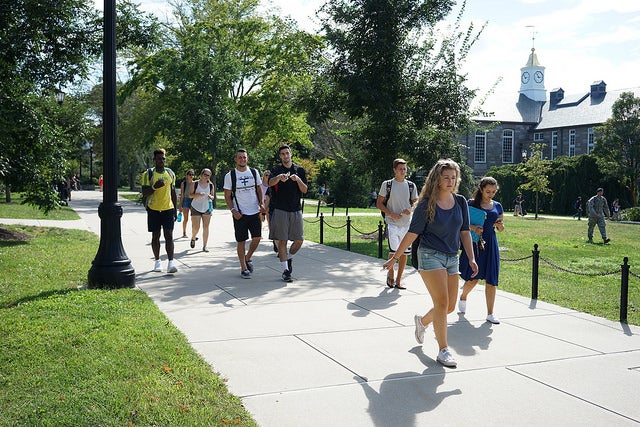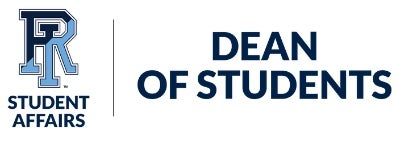Compassionate advocacy, holistic support, and inclusive leadership for every student at URI.
The Dean of Students Office supports student success through coordinated services in advocacy, conduct, access, and student well-being. We build a safer, more equitable campus community through compassionate partnerships and crisis response.
2024 – 2025 At a Glance
Testimonials
[DAI staff member] “was a consistent thread that directly led to my success… so much so that he’ll be in the acknowledgements of my dissertation.”Graduate Student, Class of 2025
“I genuinely would not have my degree without your help… You made a huge impact on me and my future.”DAI student
Featured Resources

Student Conduct System
Before filing a report, we suggest taking a look at our information about the university student conduct system and/or consult the Student Handbook.
current student handbook (PDF) learn more about the conduct system

Emergency resources are available to help URI students access funding, food, and support during urgent or unexpected challenges—so they can stay focused on their well-being and academics.
Rhody Outpost Food Pantry: Assistance for students in need Students First Fund: Emergency financial assistance for studentsUniversity of Rhode Island Land Acknowledgment
The University of Rhode Island occupies the traditional stomping ground of the Narragansett Nation and the Niantic People. We honor and respect the enduring and continuing relationship between the Indigenous people and this land by teaching and learning more about their history and present-day communities, and by becoming stewards of the land we, too, inhabit.

